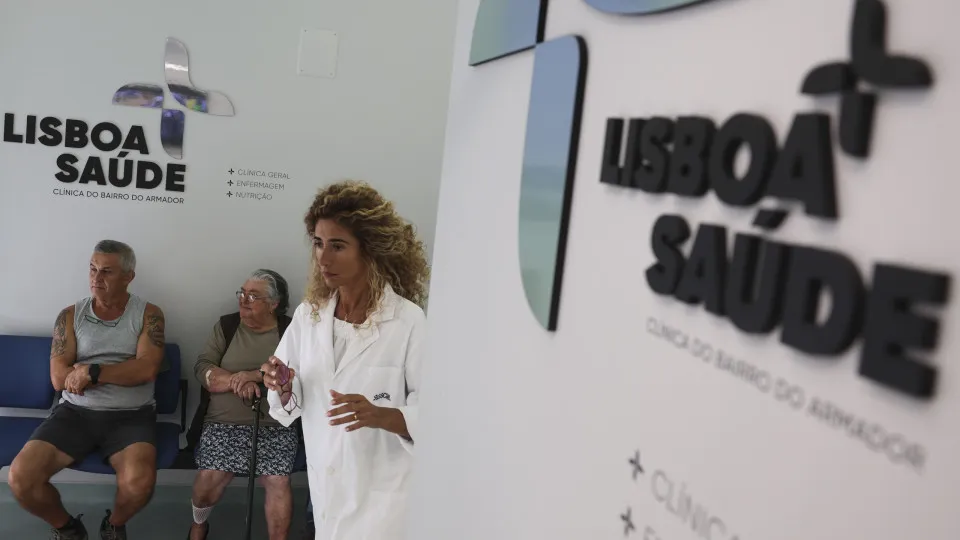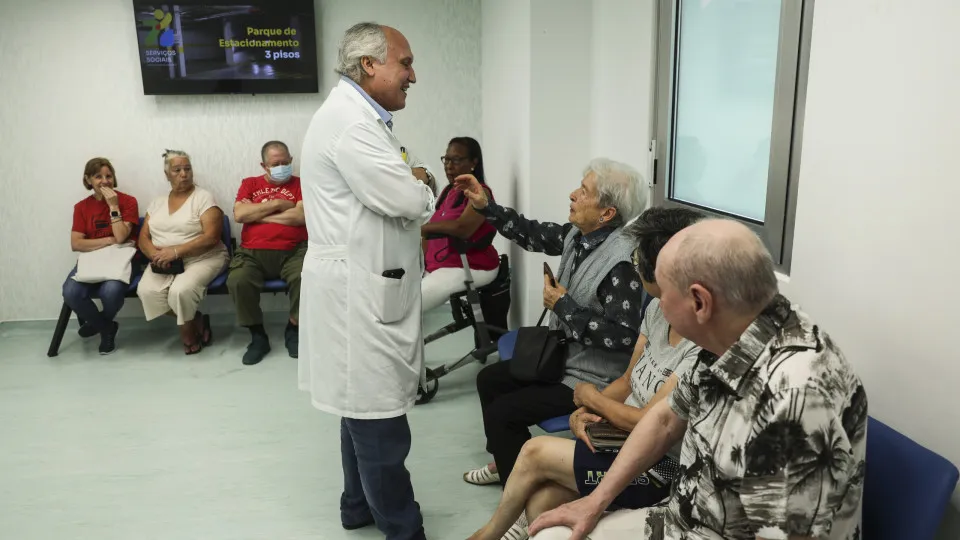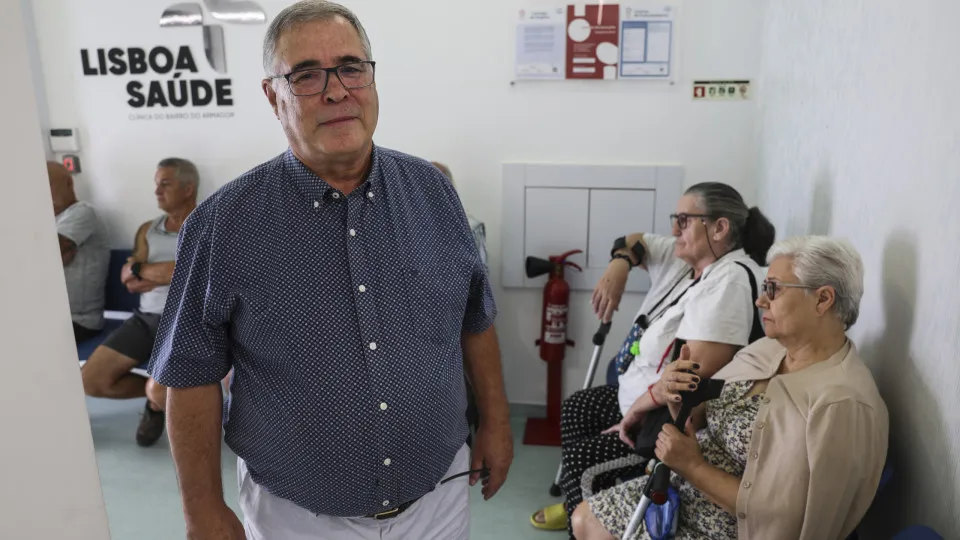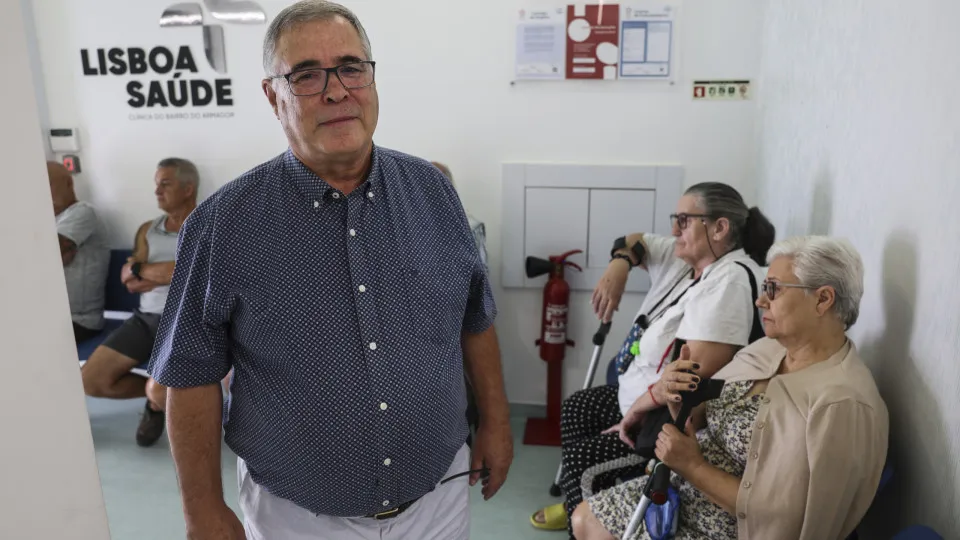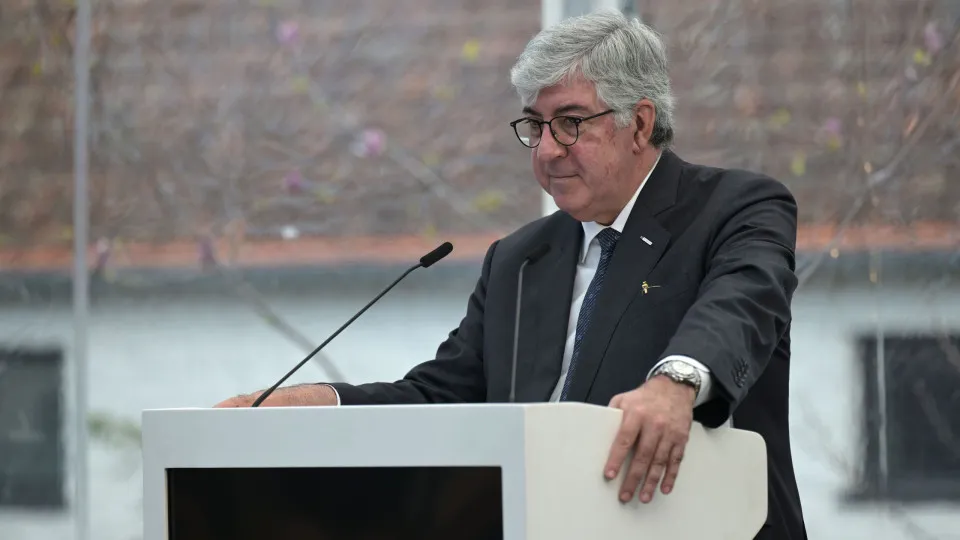
The rector António Sousa Pereira revealed he has faced pressures from various “influential people with access to power,” without specifying names.
The issue reached the Education Minister, who called the rector offering the possibility of creating extraordinary slots to accommodate students who did not achieve the minimum marks in the special access examination for graduates from other fields.
“The minister wanted this to be done, but I told him: ‘I won’t do it. I comply with the law. If the minister believes it should be different, give me the order and I’ll execute it,'” the rector told Expresso.
Minister of Education, Science and Innovation, Fernando Alexandre, confirmed the conversation, stating that “during the call, the availability to create additional slots was expressed, provided there was a legal basis.”
The issue concerns 30 students who applied for the special access contest for graduates but scored below 14 points in the required knowledge test, which leads to automatic exclusion according to the contest regulations published in the official gazette.
For the 2025/26 academic year, the Porto University Faculty of Medicine opened 37 slots for this special contest, with approximately 50 candidates applying.
Among these candidates, only seven scored 14 or more in the test conducted in May, thus qualifying for admission.
However, after the exam results were known, the selection committee, comprising six faculty professors, proposed an exceptional application of a minimum score of 10 instead of the 14 as per regulations, allowing 30 more students to enter, Expresso reports.
“And without informing the UP rector, who has the exclusive competence to approve the final results, they notified these candidates they were admitted to the course,” the paper notes.
The rector “only learned of this on July 7 and refused to endorse the list, deeming the admission of those candidates illegal according to regulations.”
Following the decision, only the seven with more than 14 points were admitted, with the remaining 30 spots initially opened reverting back to the national higher education access contest, as per law.
After this decision, candidates protested, including lobbying the parliament. According to Expresso, “they exerted pressure felt by the rector.”
The faculty director, Altamiro da Costa Pereira, argued for opening 30 extraordinary slots to allow entry despite not meeting the minimum required score.
“In disagreement, the rector sought an opinion from the Director-General for Higher Education, who sided with the Rectorate,” Expresso reports.
The Education Minister requested intervention from the IGEC – General Inspectorate of Education and Science, which concluded “the legal inadmissibility” of opening such spots due to “lack of legal basis” and “the risk of violating the principles of legality, equality, and legal certainty.”

